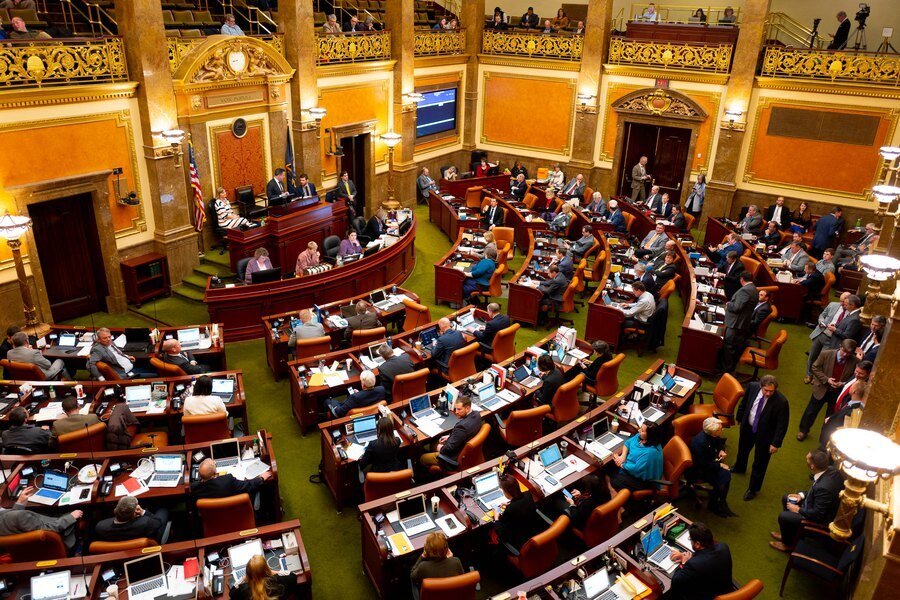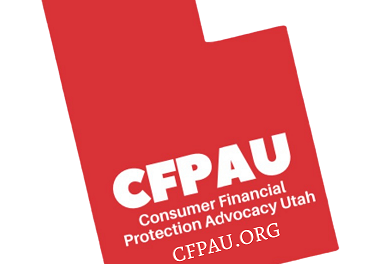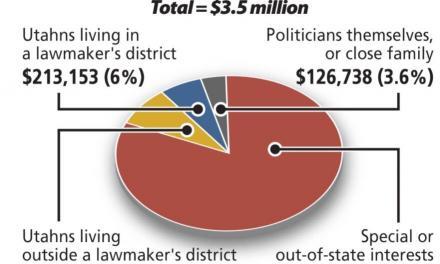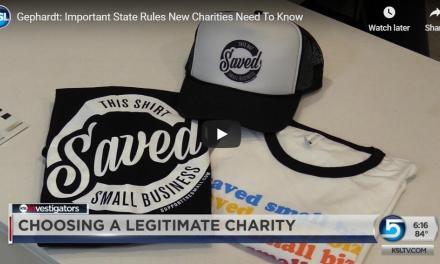
What Is Advocacy?
The power of your story may not lie in its drama, but in its absolutely perfect relationship to your cause. ― John Capecci and Timothy Cage
Advocacy seeks to ensure that people, particularly those who are most vulnerable in society, are able to:
- Have their voice heard on issues that are important to them.
- Defend and safeguard their rights.
- Have their views and wishes genuinely considered when decisions are being made about their lives.
Anyone can be an advocate.
What Advocacy IS NOT:
- Posting or liking political posts
- Commenting on Social Media
- “Slacktivism” or slacker activism: feel-good measures in support of an issue or social cause
Advocacy is taking ACTION
ENGAGING IN THE PROCESS
Ways to have your voice heard and be in involved:
- Connecting With Representative’s phones, texts, e-mails
- Testifying at Hearings
- Attending Advocacy Days on Specific Issues
- Lobbying your Reps & Committees
WHO ARE YOUR REPRESENTATIVES
Become part of the 20% of Americans that contact their elected officials. You can contact them about any issue or topic that is important to you.
- Click Here to Find Your Representatives
- Click Here to Find Your House Member Representative
- Click Here to Find Your State Senator

How Does A Bill Become A Law
- Legislator drafts bill language
- Bill receives a number and is assigned to a committee
- A committee hearing is held to discuss the bill and listen to public comment
- If a bill passes, it goes to the whole chamber for a vote
- Bill is sent to the other chamber; goes through the same process
- If bill passes both chambers, it then goes to the governor, who either signs or vetoes the bill. A veto can be overridden











